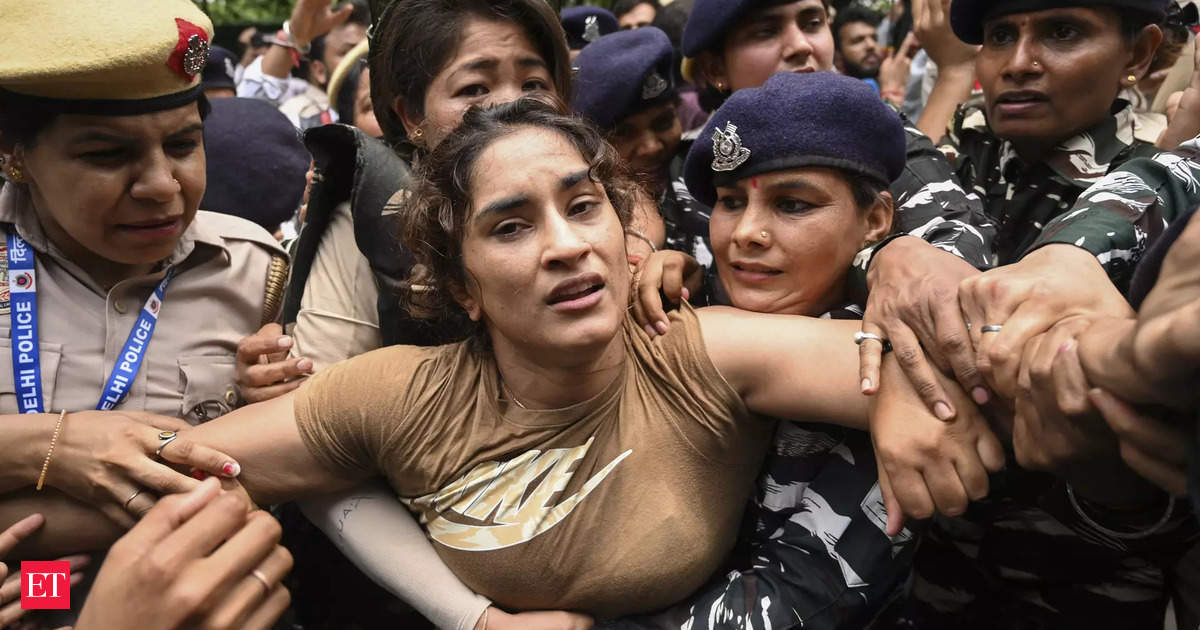Sport and politics have historically been seen as separate entities, but in recent years, they have increasingly intertwined. Sporting platforms have become outlets for athletes and spectators to voice their opinions on societal issues. Colin Kaepernick, a former NFL player, famously took a knee during the US national anthem in 2016 to protest against racial injustice. His action sparked a nationwide debate and served as a pivotal moment in the intersection of sport and politics. Kaepernick’s protest exemplifies how sport can be a powerful catalyst for social activism. By using his platform as a professional athlete, Kaepernick was able to reach millions of people and bring attention to an issue that had long been overlooked. The act of taking a knee during the national anthem was a peaceful and symbolic gesture, but it sparked controversy and backlash from those who believed it was disrespectful to the flag and the military. However, the protest also garnered support from many who saw it as a legitimate form of peaceful protest and a way to bring attention to systemic racism. Kaepernick’s protest inspired other athletes from various sports to take similar actions and use their influence to advocate for social justice. The power of sport lies in its ability to capture the attention of millions of people around the world. Sporting events are viewed by people from different backgrounds and beliefs, making them a prime platform for spreading messages and sparking conversations. Athletes have a unique ability to transcend boundaries and connect with people through their performance and achievements. When athletes use their platform to speak out about social and political issues, it not only raises awareness but also encourages others to do the same. The impact of sport as a catalyst for protest goes beyond individual actions. Sporting events often attract media coverage and public attention, amplifying the message and reaching even more people. The wide reach of sport ensures that the issues being highlighted through protests are not confined to a specific community or region. They become global conversations and force society to confront and address systemic problems. However, the intersection of sport and politics is not without controversy. Some argue that sporting events should remain apolitical spaces, where people can come together and enjoy the game without being burdened by societal issues. They believe that mixing sport and politics detracts from the enjoyment and unity that sports can bring. On the other hand, proponents of sport as a catalyst for protest argue that athletes have a responsibility to use their platform for social change. They believe that sport has the power to inspire and mobilize people, and therefore, it should be utilized for more than just entertainment. The ongoing debate over the role of sport in society highlights the importance of providing athletes with the freedom to express their views and affirming their right to engage in peaceful protest. Athletes should not be silenced or punished for using their platform to advocate for social justice. Instead, they should be supported and encouraged to continue using their influence to bring about positive change. Sport will continue to be a catalyst for protest as long as societal issues persist. Athletes and spectators will continue to use sporting platforms to voice their opinions and push for change. The power of sport lies in its ability to transcend boundaries and bring people together. By harnessing this power, athletes can create a more inclusive and just society.
Sport Continues to be a Catalyst for Protest

-
Uncategorized










